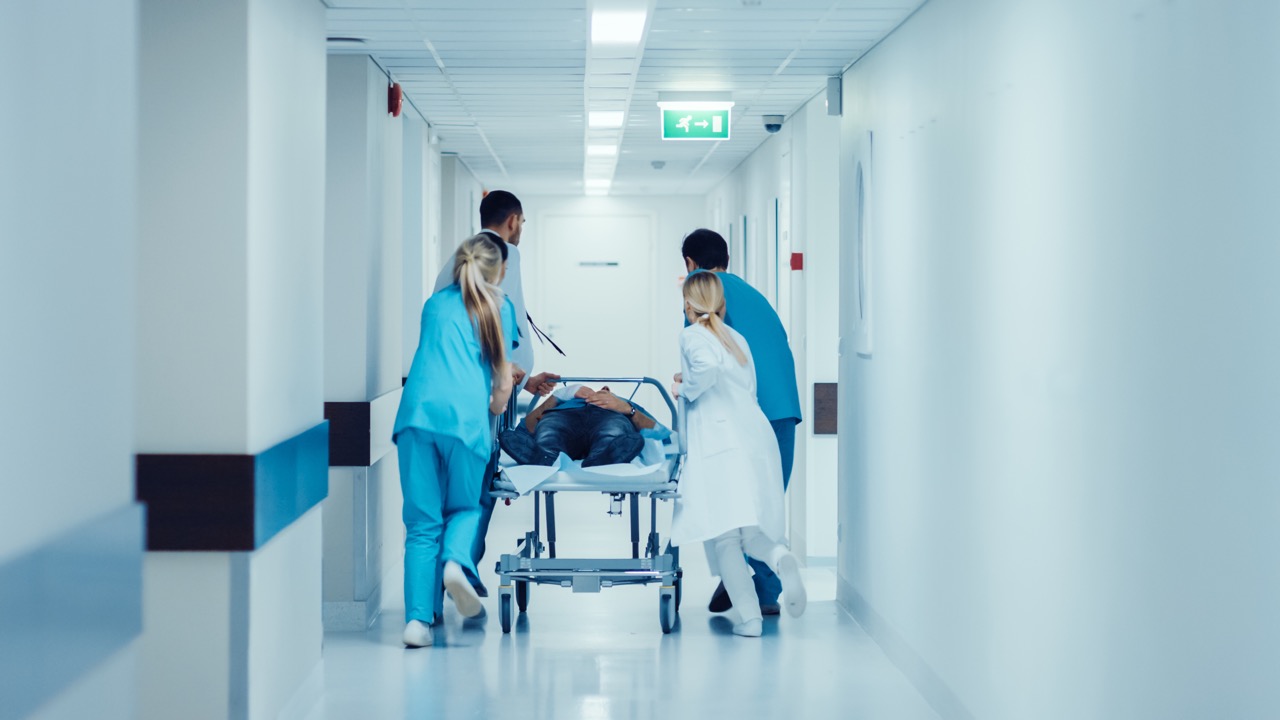
LAST week marked the inaugural meeting of NSW’s Emergency Department (ED) Taskforce, uniting clinical experts to address lengthy wait times in the state’s bustling EDs. With over three million attendances annually and rising serious cases, the Taskforce aims to ensure timely, quality care for NSW residents. Priorities include refining care models, optimizing workforce strategies, and reducing avoidable ED visits. The Taskforce, chaired by Dr. Trevor Chan and Professor Matthew Daly, will engage regularly with stakeholders to drive improvements.
Theory about conspiracy theories
MANY individuals embrace conspiracy theories, but a study led by Dr. Mathew Marques from La Trobe University dispels notions of a growing ‘pandemic of misinformation.’ Surveying nearly 500 Australians and New Zealanders over six months, researchers found beliefs remained relatively stable over time. Participants considered theories ranging from 9/11 to COVID-19, revealing some rare converts and apostates. Despite occurring during the COVID-19 pandemic, belief in microchip-laden vaccines remained low. The study underscores the nuanced nature of conspiracy belief formation, challenging the notion of a rapid descent into conspiratorial thinking.
Doctors back anti-smoking drug
THE Royal Australian College of GPs (RACGP) backs a new smoking cessation drug, Cytisine, as it awaits approval from the Therapeutic Goods Administration. RACGP President Dr Nicole Higgins emphasizes its potential impact amid upcoming removals of nicotine replacement therapy options from public schemes. Highlighting Cytisine’s proven efficacy and minimal side effects, she urges support for its scheduling. With concerns over rising nicotine use, especially among youth, Dr Higgins advocates for expanded cessation tools while encouraging individuals to consult their GPs for tailored support in quitting.
Defibrillator access on country trains
REGIONAL passengers now have easier access to potentially life-saving healthcare with Automated External Defibrillators (AEDs) available on all NSW TrainLink coach services. Following a successful trial, the NSW Labor Government completed the rollout in partnership with St John Ambulance NSW. These devices, accessible to all without prior training, significantly improve survival chances during emergencies, particularly in remote areas with longer response times. This initiative aims to save lives and offers peace of mind to passengers.
Action to reduce harm from gaming
AS concerns over late-night gaming and its associated harm rise, the NSW Independent Liquor and Gaming Authority (ILGA) has revised Guideline 16 on late-night gaming applications. With a focus on minimizing gaming-related harm, ILGA assesses applications under the Gaming Machines Act 2001. Evidence highlights risks, especially after 2 am. ILGA Chairperson Caroline Lamb emphasises the need for effective measures by venues and ILGA’s authority to impose conditions to mitigate harm.
Railway crossings set for improvement
NSW railway crossings are set for improvements through the Australian Government’s Regional Level Crossing Upgrade Fund (RLCUF). With a focus on enhancing safety and reducing crashes, the $160 million commitment aims to fund upgrades across regional areas. The NSW Government’s allocation of $28 million will support projects such as retro-reflective boom gates and updated signage. Detailed information on the fund and project guidelines is available on the Department of Infrastructure’s website.




